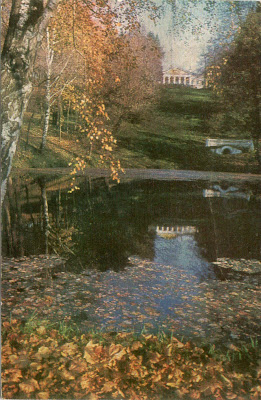 |
0019 Raffles Place in Singapore - Merlion, Fullerton Hotel,
and skyscrapers in the business centre (1) |
Located in the
Downtown Core within the
Central Area,
Raffles Place is the centre of the Financial District of
Singapore and is located south of the mouth of the
Singapore River. It was first planned and developed in the 1820s as Commercial Square to serve as the hub of the commercial zone of Singapore in Raffles Town Plan. It was renamed Raffles Place in 1858 and now features some of the tallest buildings and landmarks of the country.
 |
| 3441 Raffles Place in Singapore by night |
The
Merlion statue (8.6m hight), made by Lim Nang Seng in 1972, was placed in
Merlion Park.
Designed by Fraser Brunner in 1964 for the logo of the Singapore
Tourism Board, this symbol of Singapore is a mythical creature with the
head of a lion and the body of a fish. The body of the statue is made of
cement, skin from porcelain plates and eyes from red teacups.
 |
3449 Raffles Place in Singapore - Merlion, Fullerton Hotel,
and skyscrapers in the business centre (2)
|
The highest six buildings that are visible in the back in the postcard 0019 are, from left to right:
Hitachi Tower (179m - completed in 1992),
Republic Plaza (280m - completed in 1995),
Singapore Land Tower (190m - completed in 1980),
One Raffles Place (280m - completed in 1986),
Maybank Tower (175m - completed in 2001), and
United Overseas Bank Plaza / UOB Plaza (280m - completed in 1995).

















































